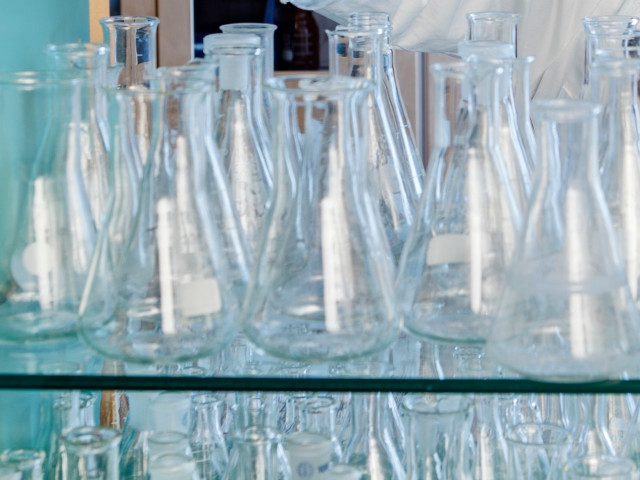Det elektrokemiska dubbelskiktet, elektrodkinetik, materietransport, elektrokemiska system, elektrokatalys. Utformning av elektrokemiska celler, strömfördelning. Porösa elektroder. Översikt över elektrokemiska processer och strömkällor.
Laborationerna exemplifierar grundläggande experimentell metodik samt elektrokemiska processer och strömkällor.
